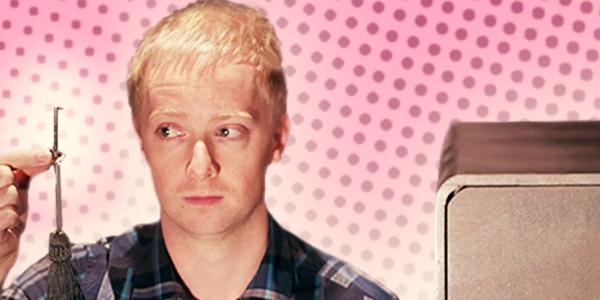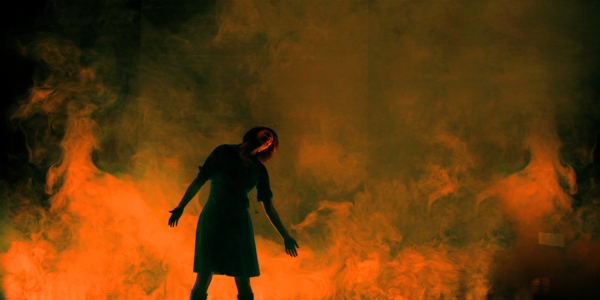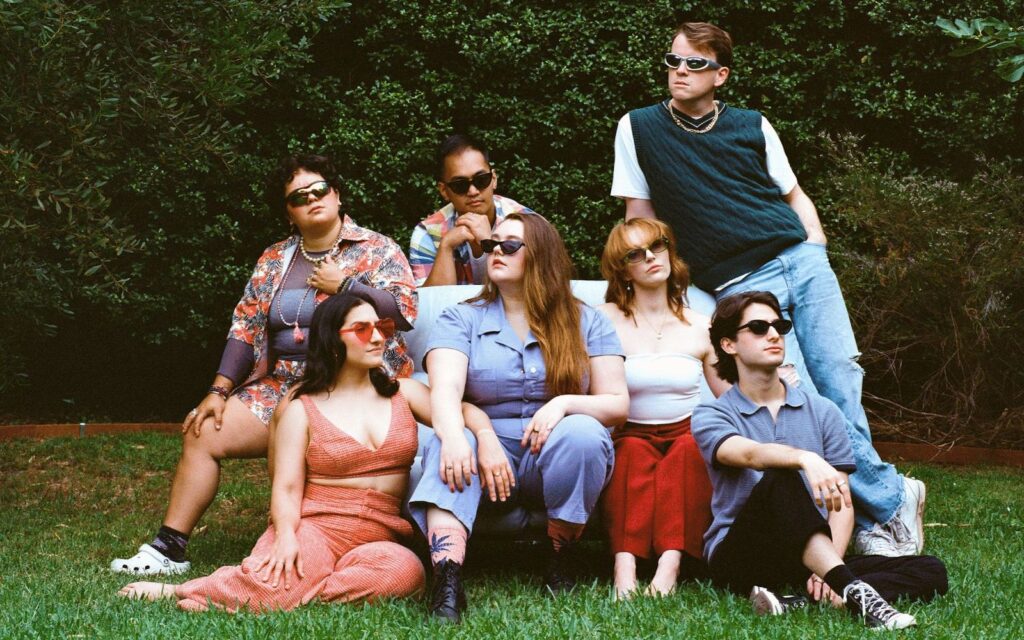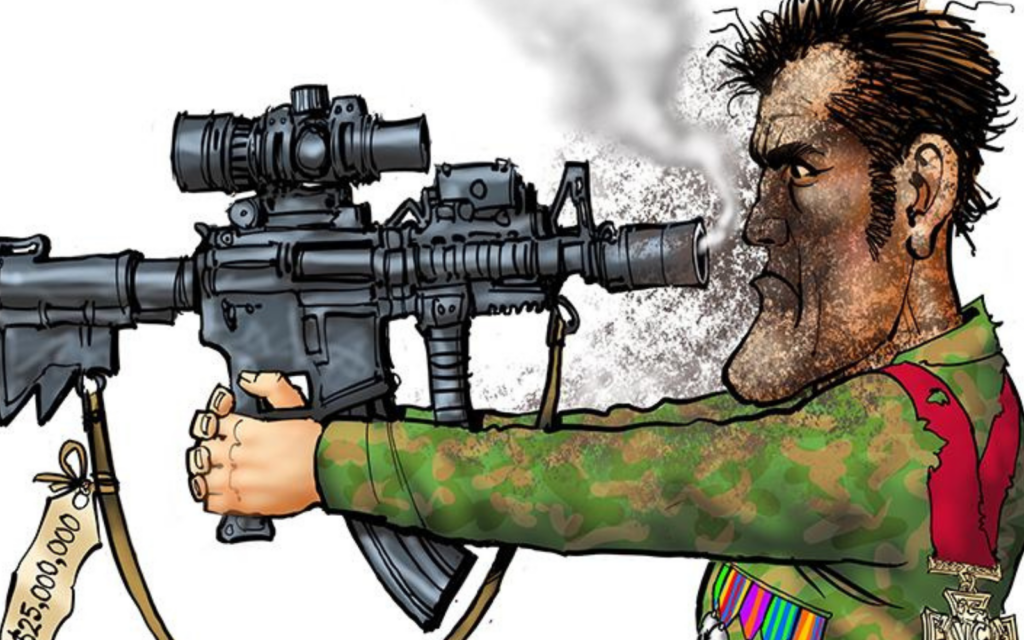“It explores memory and the way people can remember things in a certain light that’s not necessarily based one hundred per cent in reality. The two main characters are hung up on past loves and have never had relationships that live up to what those loves were for them. After having a one night stand [their relationship with each other] turns into something else. It’s a very contemporary take on the romantic comedy.” ‘Contemporary’ could also be a great stand-in word for ‘painfully relevant’. Even if you’ve never endured the discomfort of a failed office romance, My Romantic History’s storyline will ring true for anybody in or out of love. “There’s a lot to relate to for anyone who’s ever had any kind of relationship. In my own romantic history, there’s scenarios that remind of the play and make me chuckle on the inside!”
As Boesen points out, what helps make My Romantic History stand out from the romantic comedy production line is that it explores both angles of the story. “The first act is told from his point of view, and that’s his impression of her, is that she’s trying to tie him down and she wants to get married. Bu the beauty of the play is that you get to hear both sides of the story. The second act is told from her point of view and you realise that’s not the case at all, she doesn’t think he’s wonderful. She sees him for his flaws and she’s not at all keen to settle down with him necessarily. But she’s a modern-day heroine in that she’s not totally submissive and just looking to get married. She wants someone that’s worthy, I guess.”
My Romantic History doesn’t really hold back in terms of laying it all bare, either. You’re pulled into an office romance just as much as the characters themselves. “[ My Romantic History] is different in that you get the inside story. The characters talk directly to the audience and there is this relationship that will develop between the characters and the audience, where you feel like you’re getting insight into what they’re really thinking. I think in a lot of relationships, there’s heaps of stuff that’s unsaid, but you get to hear all the nitty-gritty stuff. The characters are brutally honest when they’re talking to the audience, which makes it really funny.”
Amy, however, is not to be confused with your average romantic-comedy heroine. She’s a touch more realistic than the marriage-obsessed young things in a plethora of romantic films, who spend most of their time fawning over, and eventually attaining, their ideal man. After spending so much time in Amy’s skin, Boesen has a clear idea of what drives her character. “She’s 33 and everyone that she knows is getting married, basically. She’s had a string of boyfriends who’ve been pretty average and no one’s really lived up to the expectations she has that are based on this one lover that she had when she was a young adult. No one’s really met up to her ideals since then. So she’s kind of fed up with failed relationships…but really hopeful at the same time that there’s someone out there who’ll love her the way she wants to be loved.”
It turns out while My Romantic History deals with that awkward minefield of business and romance; it also retains a focus on a much simpler dynamic of human interaction: “[Amy] finds herself with Tom and that’s not really perfect either, but…they learn to appreciate each other. [The play] has a lot of heart, a lot of humanity.”







